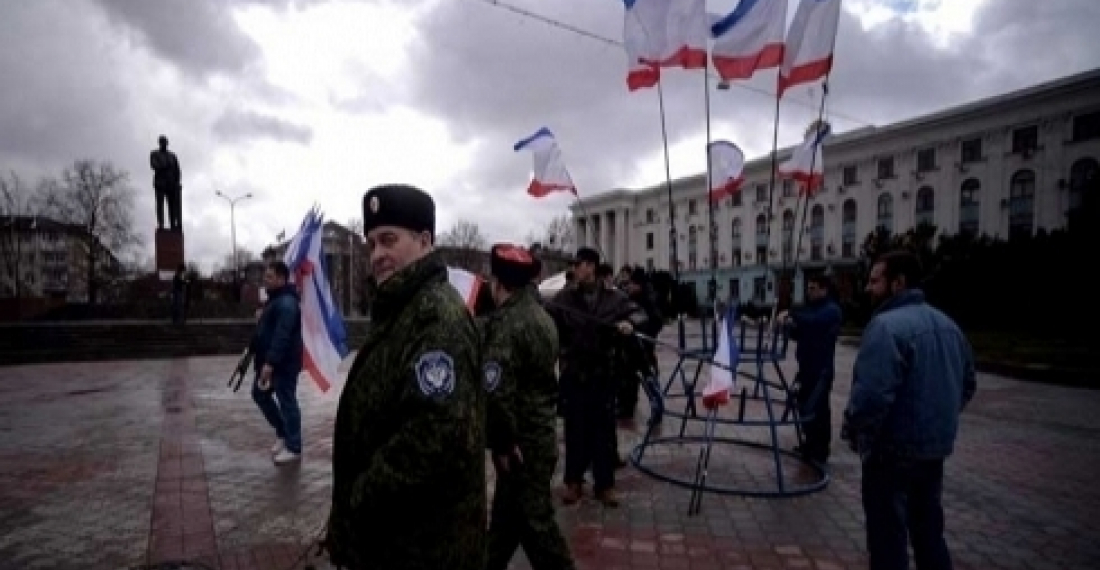Crimea's parliament has formally declared independence from Ukraine and asked to join the Russian Federation.
It follows Sunday's controversial referendum which officials say overwhelmingly backed leaving Ukraine.
The government in Kiev has said it will not recognise the results. The US and EU say the vote was illegal and have vowed to impose sanctions on Moscow.
Not surprisingly there has been a positive reaction to the declaration in the self declared entities in the Caucasus. Alexander Ankvab, President of the self declared Abkhaz Republic said that Sokhumi "respects the will of Crimeans, supports and recognizes their momentous choice." The referendum, he told the Russian news agencies on March 16, "reflects the will of multi-national people of the peninsula."
The Foreign Ministry of the self declared Republic of South Ossetia said in a statement "South Ossetia respects the right of population of Crimea to determine independently its fate." "It cannot but be noted position of the authorities in Kiev, who have refrained from attempts to forcefully hinder population of Crimea to express its will," it added.
According to the Armenian news portal Armenia Now, David Babayan, a spokesman for the president of the self declared Nagorno-Karabakh Republic, stated that Karabakh has already passed the way of Crimea and knows what the process of the realization of the right to self-determination of peoples is. Speaking about the position of Stepanakert on the current situation he said: "The fate of the people is in its own hands. If Crimea took such a decision, then it means that it meets its interests."
Whilst the reaction of the unrcognised entities was predicatble there is speculation as to the impact of the Crimea crisis on the Nagorno-Karabakh Peace process, facilitated by the OSCE Minsk Group. This process has in the past depended on co-operation between two of its co-Chair, Russia and the United States.
US Co-chairman Ambassador James Warlick in a tweet said that Russia and the US continue to work together for peace in Karabakh.
Observers think that Russia and the United States will try to insulate the Minsk process from the wider regional turbulance, as they did in 2008 during the Georgia Russia War, not least because the current format suits both US and Russian interests. But increased tension on Ukraine will no doubt impact the process negatively if it drags on for a long time.
source: commonspace.eu with agencies.
image: Armed pro Russian soldiers on the streets of Sebastopol in Crimea.







